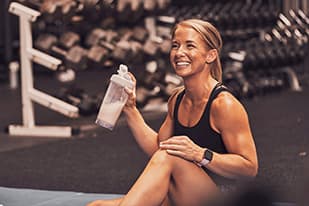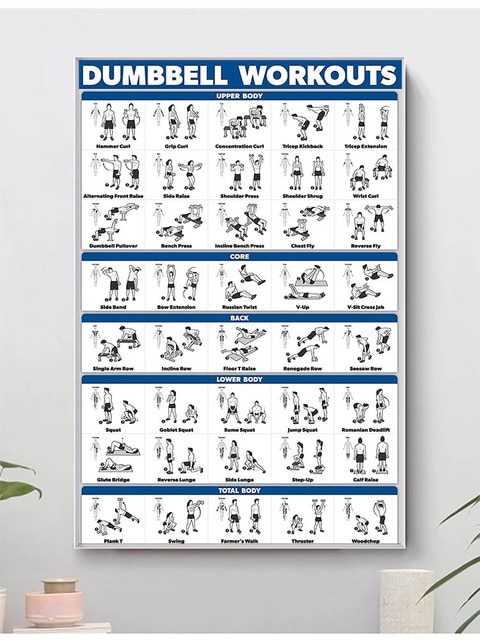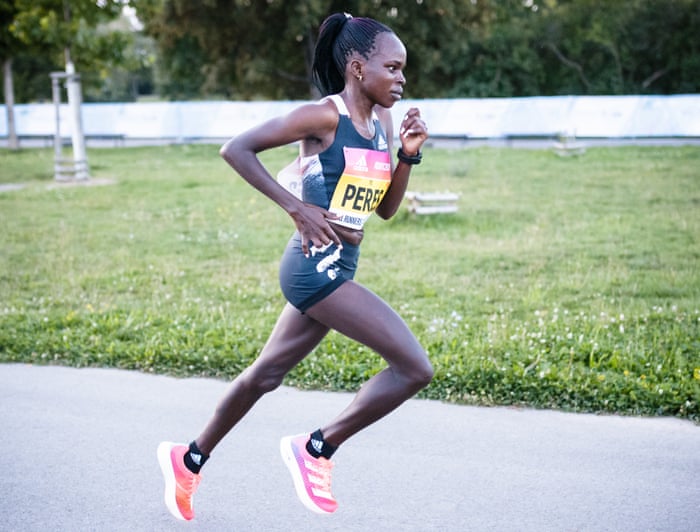
There are many factors you should consider when searching for a Georgia personal training salary. These include expected growth, certification requirements and location. Below you'll find the average salary and expected increase for this job. The average salary for this job is approximately $15,000, but it may differ from one location to another.
Average salary
Personal trainers earn salaries in Georgia between $18,319 and $101,573. The median salary is $51,879 per year. These salaries include an average federal income tax of 22%, and a 6% state income tax. Accordingly, a personal training professional in Atlanta, Georgia could earn $42,310 per year, or $1763 per month.
Personal trainer salaries are affected by many factors including experience, location, commission and sales commission. These numbers are not intended to be a guideline for what a Personal Trainee can expect. They could work in a gym, a fitness center, or can be independent.

Certifications are required
Georgia does not require a statewide certification for personal trainers, however they should have some education and training. Employers are looking for graduates of high school or GED holders who have at least some college education. They should also have some form of certification such first aid or CPR. A post-secondary degree is not necessary, but it can give an individual valuable background knowledge that will allow them to start sooner. For those who do not have certifications, they may need to work with an experienced personal trainer to get more experience and knowledge.
A certificate program for personal training is available at the University of Georgia's Griffin Campus. World Instructor Training Schools presents this program. It includes a 30 hour internship and eight weeks' of coursework. It includes 62 hours of classroom instruction, practical training and a national certification exam. It covers a broad range of topics, including exercise physiology, fitness testing, and biomechanics.
Locations
Georgia's personal trainer career is expanding faster than other states. According to the labor division, there should be a 24.7 % increase in employment from 2008 to 2018. This should translate into around 70 new job openings per year. Savannah is the most popular location. Sandy Springs and Alpharetta also make the top ten.
Georgia is diverse. While it isn't the most prosperous, it has great healthcare and business freedom. It is also the 26th fittest state in the country. It offers personal training opportunities due to its diverse population.

Expected growth
On average, a Georgia personal trainer earns 4.2% more than the national median. Those who have been in this industry for a while can expect to make 3.8% more. According to Georgia labor department, there will be a 24.7% increase in personal trainer jobs between 2008 and 2018. An average personal trainer's annual salary in Georgia is $38,000. A majority of Georgia's personal coaches hold a bachelor’s degree.
Georgia has a high prevalence of obesity. About 65% Georgians are obese or overweight. This is why personal trainers in Georgia are needed to promote good health and healthy eating habits. Their job will involve working with a diverse group of individuals, from young children to elderly people. Some of these individuals might need special exercises because they may have joint issues.
FAQ
What Does Nutrition Do for Your Body?
By providing all the nutrients necessary for growth and development, nutrition helps your body function well. To ensure that your body receives adequate nutrition, it is best to eat a balanced meal with lots of fruits and vegetables, lean protein, whole grain, as well as healthy fats.
Which Is More Important: Exercise, Diet, or Sleep?
What you are looking to accomplish will determine the answer. Diet is key to losing weight. If you are looking to build muscle mass, however, exercise is the best option. Because it affects your performance during the day, sleep is the most important factor.
Is it safe to exercise in cold weather?
If possible, go outside. It's not just the air temperature that determines whether outdoor exercise is safe. Also, visibility, wind speed and humidity all play a significant role. Wear layers of clothing to keep you dry from rain and windchill when you exercise outside in inclement conditions.
Statistics
- Adolescent girls were less active than adolescent boys, with 85% vs. 78% not meeting WHO recommendations of at least 60 minutes of moderate to vigorous intensity physical activity per day. (who.int)
- In 2018, the World Health Assembly agreed on a global target to reduce physical inactivity by 15% by 2030 and align with the Sustainable Development Goals. (who.int)
- According to the Centers for Disease Control and Prevention, chronic diseases cause 7 out of 10 deaths in the U.S., and treating chronic diseases accounts for 86% of U.S. healthcare costs. (mana.md)
- Physical activity confers the following maternal and fetal health benefits: a decreased risk of pre-eclampsia, gestational hypertension, gestational diabetes (for example, 30% reduction in risk) (who.int)
External Links
How To
How to Stay Fit at 40
This article guides those who want to keep their body healthy and strong even at 40 years old. This article will provide basic advice on eating right, exercising, sleeping well, and taking care of your mental health. This article contains tips and tricks to live longer, healthier lives.
-
Eat Right - You should eat right when you want to be healthy. You should steer clear of processed food products, and eat whole grains and fruits, vegetables, lean proteins, fish, eggs, nuts, seeds, beans and legumes. Don't be afraid to change your diet if the food you are eating is not what you prefer. You don't have to eat a lot. This won't help you lose any weight. Instead, start adding small amounts of new things into your daily meals. Try turkey once a week if you usually only eat chicken breast. Or if you love pasta, try rice occasionally. Make these foods part of your daily routine.
-
Exercise - Workout at least 3 times per week. Include cardio activities such walking, running swimming biking, cycling, and dancing. Also, make sure you get enough rest. It is recommended that you get at least 8 hours sleep per night. You should also ensure you get enough water throughout the day. You should aim to consume 2 liters (0.5 Gallons) of water per day.
-
Sleep well - A good night's sleep is key to staying healthy. The National Sleep Foundation states that adults need 7-8 hours sleep per night to be in good physical and mental health. However, most people average less than 6 hours of sleep per night. If you find that you are constantly tired throughout the day, try making adjustments to your sleeping habits. You can catch more sleep by changing your sleeping schedule so that you go to bed earlier or wake up later. Additionally, try turning off your phone before going to bed so that you can wind down and relax. Avoid caffeine after noon. It can cause insomnia.
-
Take care of your mental well-being - It's important to take good care your mind and keep your body in tip top shape. Stressful situations can lead to poor eating habits and unhealthy lifestyle choices. It is important to practice stress management techniques like meditation, yoga, breathing exercises, relaxation, and breathing exercises. One hour of your time should be spent doing something enjoyable. You can do this by going for a walk or reading, playing sports, listening to music, or watching TV.
These four steps will ensure you live longer. These simple steps will help you achieve your fitness goals.